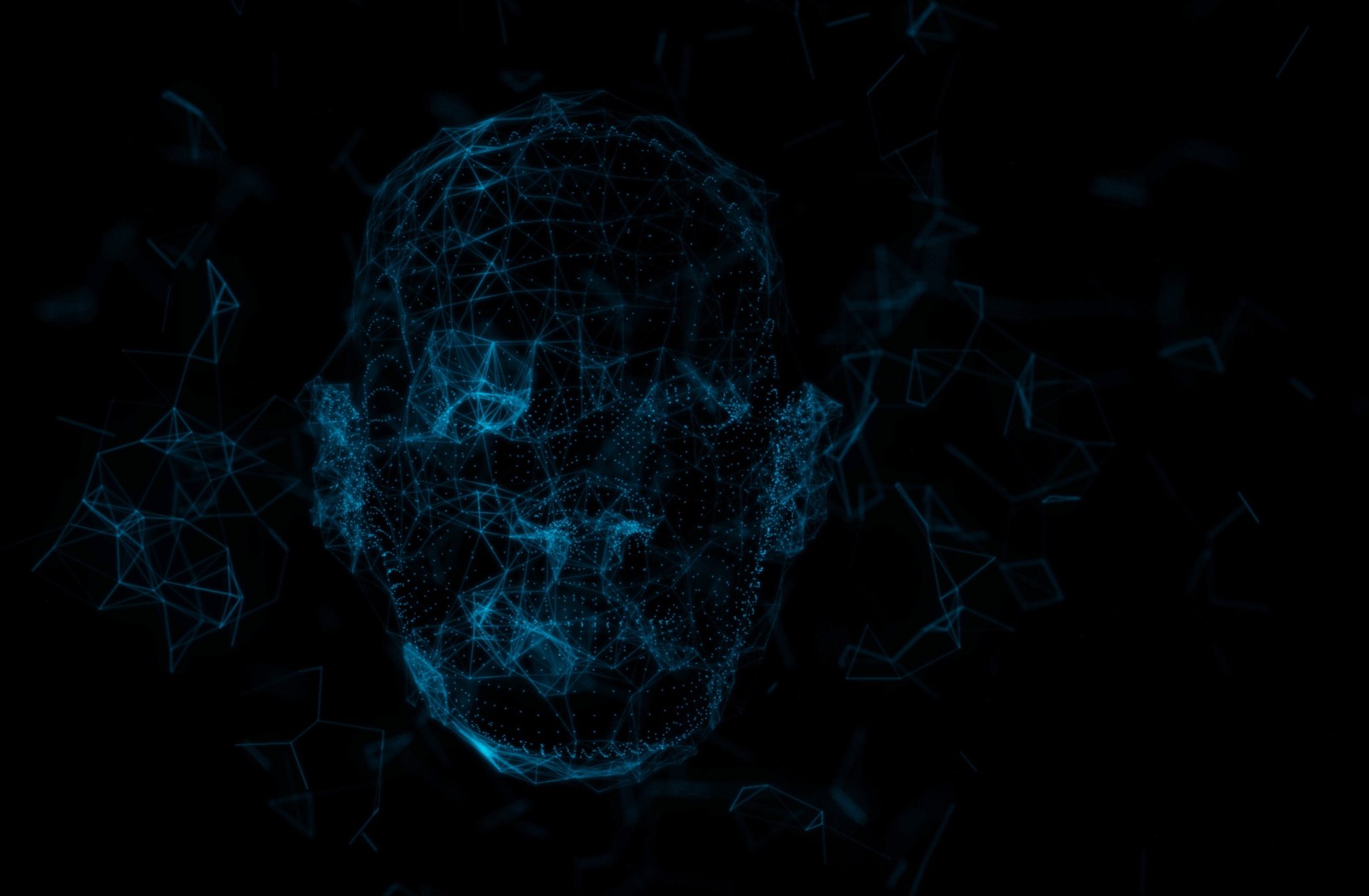Error-prone facial recognition leads to another wrongful arrest
The Detroit Police Department (DPD) is once again under scrutiny as a new lawsuit emerges, revealing that another innocent person has been wrongly arrested due to a flawed facial recognition match.
Porcha Woodruff, an African American woman who was eight months pregnant at the time, is the sixth individual to come forward and report being falsely accused of a crime because of the controversial technology utilised by law enforcement.
Woodruff was accused of robbery and carjacking.
“Are you kidding?” Woodruff claims to have said to the officers, gesturing to her stomach to highlight how nonsensical the allegation was while being eight months pregnant.
The pattern of wrongful arrests based on faulty facial recognition has raised serious concerns, particularly as all six victims known by the American Civil Liberties Union (ACLU) have been African Americans. However, Woodruff’s case is notable as she is the first woman to report such an incident happening to her.
This latest incident marks the third known allegation of a wrongful arrest in the past three years attributed to the Detroit Police Department specifically and its reliance on inaccurate facial recognition matches.
Robert Williams, represented by the ACLU of Michigan and the University of Michigan Law School’s Civil Rights Litigation Initiative (CRLI), has an ongoing lawsuit against the DPD for his wrongful arrest in January 2020 due to the same technology.
Phil Mayor, Senior Staff Attorney at ACLU of Michigan, commented: “It’s deeply concerning that the Detroit Police Department knows the devastating consequences of using flawed facial recognition technology as the basis for someone’s arrest and continues to rely on it anyway.
“As Ms Woodruff’s horrifying experience illustrates, the Department’s use of this technology must end.”
The use of facial recognition technology in law enforcement has been a contentious issue, with concerns raised about its accuracy, racial bias, and potential violations of privacy and civil liberties.
Studies have shown that these systems are more prone to errors when identifying individuals with darker skin tones, leading to a disproportionate impact on marginalised communities.
Critics argue that relying on facial recognition as the sole basis for an arrest poses significant risks and can lead to severe consequences for innocent individuals, as seen in the case of Woodruff.
Calls for transparency and accountability have escalated, with civil rights organisations urging the Detroit Police Department to halt its use of facial recognition until the technology is thoroughly vetted and proven to be unbiased and accurate.
“The DPD continues to hide its abuses of this technology, forcing people whose rights have been violated to expose its wrongdoing case by case,” added Mayor.
“DPD should not be permitted to avoid transparency and hide its own misconduct from public view at the same time it continues to subject Detroiters to dragnet surveillance.”
As the case unfolds, the public remains watchful of how the Detroit Police Department will respond to the mounting pressure to address concerns about the misuse of facial recognition technology and its impact on the rights and lives of innocent individuals.







